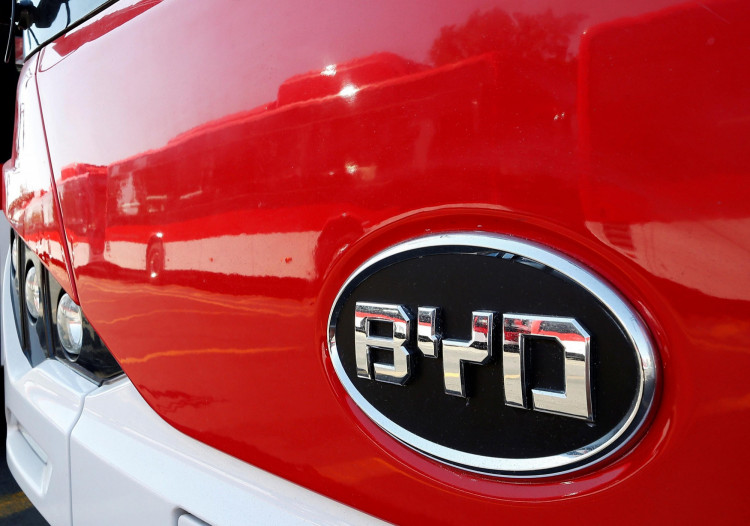Chinese electric vehicle leader BYD reported a 100.4% jump in net income for the first quarter of 2025, earning RMB 9.16 billion ($1.26 billion) as the company accelerates a competitive push in China's rapidly evolving new energy vehicle (NEV) market.
Revenue rose to RMB 170.36 billion ($23.5 billion), up 36.35% from a year earlier, according to the company's earnings release on Friday. However, revenue declined approximately 38% from the previous quarter, indicating seasonal market patterns.
BYD's first-quarter net profit aligned closely with earlier projections, which anticipated earnings ranging between RMB 8.5 billion and RMB 10 billion. The quarterly increase marked the fastest profit growth for BYD in nearly two years.
Driving these results was a significant surge in NEV deliveries, totaling 1,000,804 units, a year-on-year rise of nearly 60%. Despite this strong annual growth, deliveries declined by roughly 34% compared to the fourth quarter of 2024.
This earnings surge arrives as BYD escalates its aggressive pricing strategy, sparking a price war in China's electric vehicle sector. The company recently began offering its advanced "God's Eye" driver-assistance technology as standard equipment across its lineup at no additional cost.
BYD's aggressive pricing approach has forced competitors-including Geely, Leapmotor, and Toyota-to introduce similar affordable smart EV offerings to maintain market relevance. BYD expanded its market share in China to 13.6% in the first quarter, up from 12.1% during the same period a year ago.
By comparison, German auto giant Volkswagen saw its combined market share in China slip from 13.7% to 12.1%, reflecting increasing pressure from domestic EV makers.
BYD continues to invest heavily in innovation, with R&D spending rising to RMB 14.22 billion ($1.96 billion), up 34% year-over-year. The company attributed this increase primarily to compensation expenses for technical staff and materials.
Gross margins improved sequentially to 20.07%, compared to 17.02% in the previous quarter, though they fell slightly year-over-year. Operating costs climbed 37.45% year-on-year, reaching RMB 13.62 billion ($1.88 billion), largely driven by production expansion in its NEV segment.






